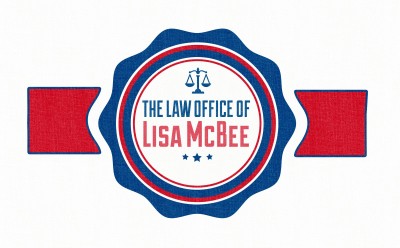Unlawful Presence Bars and Waivers
A person can accumulate unlawful presence by (1) entering the U.S. without inspection; (2) by overstaying the expiration date on his/her I-94; or (3) by violating his/her status if he/she is notified by the government that he/she has done so.
Congress passed a rather harsh law in 1996 that bars individuals who have accumulated a certain period of “unlawful presence” in the U.S. (and then departed the U.S.) from entering the country, obtaining a visa, and from becoming U.S. permanent residents for a period of time unless they first obtain a waiver.
Specifically, persons who have accumulated 180 days or more of unlawful presence after April 1, 1997, and have then departed the U.S., cannot return to the U.S. for 3 years.
Persons who have accumulated one year or more of unlawful presence after April 1, 1997, and have then departed the U.S., cannot return to the U.S. for 10 years. Persons who illegally return to the U.S. without seeking a waiver must wait outside the U.S. for a period of 10 years before they can apply for a waiver. The same rule applies to persons who illegally reenter the U.S. after being deported.
Note also that the -3 and -10 year bars are not “triggered” until the person actually departs the U.S. So, for example, if a person entered the U.S. on a valid visa but overstayed for a prolonged period of time and is otherwise eligible to adjust status, that person will be able to avoid triggering the “unlawful presence” ground of inadmissibility.
In addition, note that persons who commit fraud or a material misrepresentation are barred from the U.S. for life unless they obtain a waiver.
A waiver may be obtained by submitting Form I-601 to the USCIS and demonstrating that the person’s U.S. citizen or permanent resident spouse or parent(s) would suffer “extreme hardship” unless the person was granted a waiver. Note again that the ‘extreme hardship’ is based on the needs of the waiver applicant’s immediate family members who are U.S. citizen/permanent residents, not on the needs of the waiver applicant.






